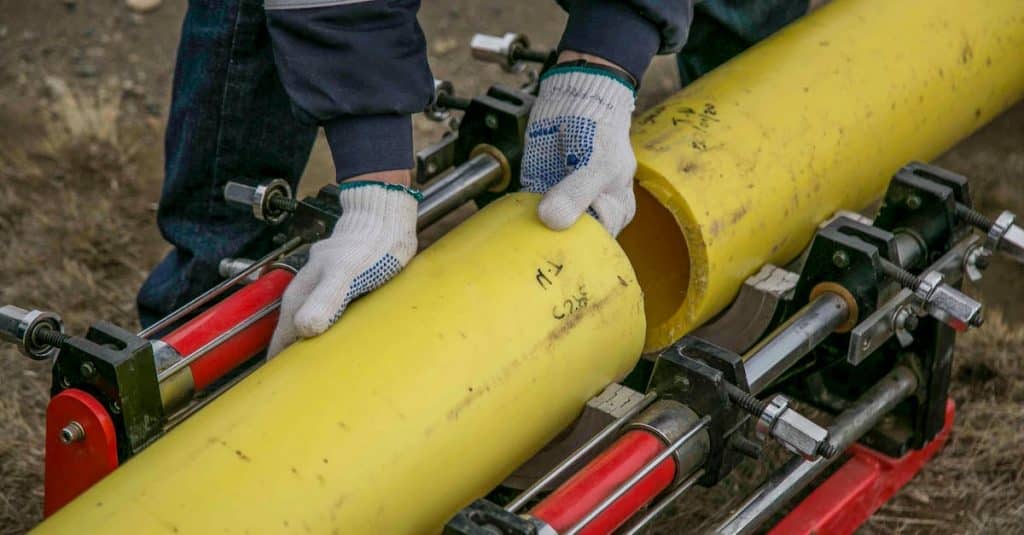Understanding Water Heater Leakage: Causes, Diagnosis, and Solutions
Discovering a pool of water around your water heater is more than just a minor inconvenience—it’s a situation that warrants immediate attention. Leaks not only waste water and energy, they can lead to significant property damage if left unaddressed. This article will explore why water heaters leak, how to identify the source of the problem, and what steps you can take to resolve the issue.
Common Causes of Water Heater Leaks
Water heater leaks can originate from various components. Pinpointing the exact source is key to determining the right solution. Below are some of the most common causes:
- Loose Connections: Over time, fittings and connections may loosen due to the normal expansion and contraction caused by heating cycles.
- Corrosion: The water tank’s interior is subject to corrosion, which can lead to rust and eventually small holes or cracks.
- Failed Temperature and Pressure Relief Valve: Designed to release water if pressure or temperature exceeds safe levels, a faulty valve can cause constant leaks.
- Internal Tank Issues: A breach within the tank, often due to sediment buildup and corrosion, can result in leakage.
- Condensation: Sometimes, what appears to be a leak may actually be condensation running down the tank and pooling beneath it.
Isolating the Leak
Detecting where the leak is coming from involves a thorough inspection of several components:
- Inlets and Outlets: Check the water connections for any signs of dripping.
- Heater Drain Valve: Nearby pooling water may indicate a valve leak.
- Temperature and Pressure Relief Valve: Confirm whether water is leaking from the valve or the discharge pipe.
Don’t forget to inspect the bottom of the tank, as leaks here suggest a more serious issue that typically requires professional intervention.
Possible Fixes for Water Heater Leaks
After you’ve identified the leak, here are some potential fixes:
- Tightening Connections: Snug up the inlets and outlets with a wrench, but avoid over-tightening.
- Replacing Faulty Components: Swap out worn or damaged parts like the temperature and pressure relief valve.
- Professional Tank Replacement: If tank corrosion is the culprit, you’ll likely need to replace the entire water heater. Contact Dublin Heating Services for expert assistance.
Maintenance to Prevent Leaks
Proactive maintenance is crucial to extend the life of your water heater and minimize leakage risks:
- Annual Inspection: Have a professional like Dublin Heating Services assess your system annually for any potential problems.
- Flush the Tank: Regularly flushing the tank helps to prevent sediment accumulation, which can lead to corrosion.
- Test Pressure Relief Valve: Periodically checking the valve’s operation ensures it works correctly to control the tank’s pressure and temperature.
For more insights into maintaining your heating system, consider reading the article “Why Annual Gas Boiler Service is Essential for Dublin Homes“.
When to Call the Professionals
Some leaks are simple to fix with a little do-it-yourself effort. However, when in doubt, it’s best to call a professional to avoid potential safety hazards or causing further damage to your water heater. Here are situations when you should immediately reach out to a specialist like Dublin Heating Services:
- When Corrosion Is Present: Extensive corrosion could mean a compromised tank integrity.
- If the Tank Is Leaking: This is often a sign of internal failure and usually requires a full replacement.
- In Case of Gas Water Heaters: If you smell gas or hear a hissing noise, evacuate the premises and seek urgent assistance.
For emergency plumbing services, don’t hesitate to call Dublin Heating Services at 086 838 9326 or visit the contact page.
Conclusion – Proactive Care to Avoid Leak Disasters
Water heater leaks can spell big trouble if ignored. By understanding the common causes, knowing how to diagnose the problem, and either implementing a fix or seeking professional help, you can protect your home from the consequences of water damage. Remember that regular maintenance is your first line of defense in preserving the performance and longevity of your water heater.
For further reading, or to explore more tips and tricks related to your home heating solutions, visit the Dublin Heating Services Blog. And should you require expert assistance for your leaking water heater or any other heating-related emergency, the team at Dublin Heating Services is always ready to lend a helping hand.
Lastly, if you’re in need of more comprehensive guidance on dealing with home maintenance issues, consider visiting an authoritative source like the National Association of the Remodeling Industry (NARI) for additional information and resources.


